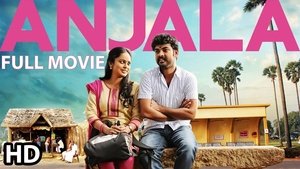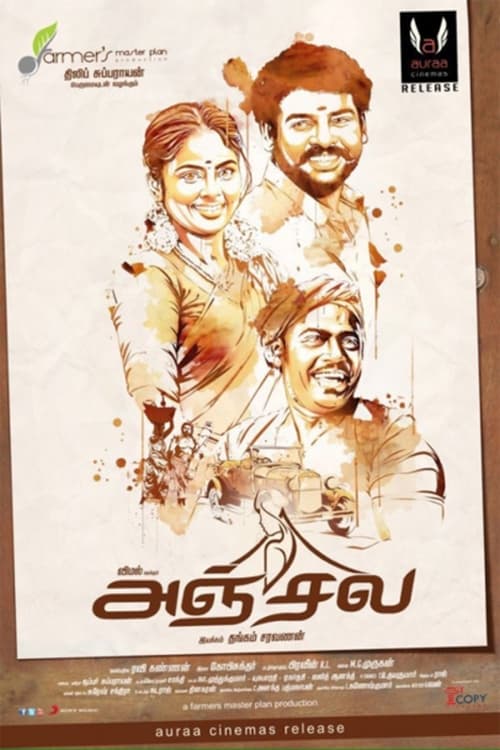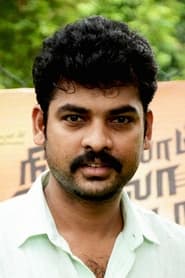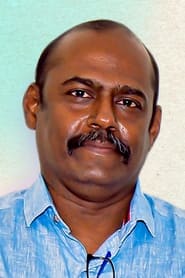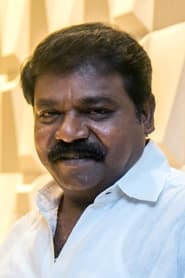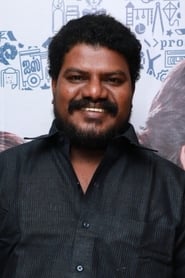Cast
View AllCrew
Director
- Thangam Saravanan
Writer
- Thangam Saravanan
Producer
- Dhilip Subbarayan
Reviews
timesofindia
There are some films that manage to leave you with a warm, fuzzy feeling even though they have their issues. Anjala is one such film. The plot revolves around a 100-year-old tea shop — Anjala Tea Shop — that was instrumental in an entire small town developing around it and the struggles its owner, Muthu Velaandi (Pasupathy), a genial, soft-spoken person, faces to keep it open. First, the shop's existence is threatened when the government decides to widen the road for a highway; next, the owner and some of its regulars (who consider the place as home) are arrested on suspicion and the shop is sealed after a customer uses it as a conduit for circulating counterfeit currency. Then there is UK (Subbu Panchu), a big shot, who blames the people in the shop for him getting arrested for selling illicit liquor, and wants to have his revenge. How these events impact the lives of those who hold the place dear is narrated by Thangam Saravanan in a somewhat melodramatic but heart-warming fashion.
Anjala is an uneven film, with filmmaking that is hardly remarkable and a script that lacks finesse and focus. Yet, the film makes it clear right in the initial scenes that it is more interested in going after our emotions. A couple of stretches are quite impressive. One occurs in the first half when the film flashes back and tells us the story of Muthu Velandi's grandfather, who set up the tea shop. We are shown how a barren expanse of land gradually turns into a community in a plausible manner and the director also uses this segment to impress us with period details — the independence movement, the advent of radio, the floral prints of the 80s... The other notable segment is the climax where the shop and Velaandi — in one way or the other — play a role in sorting out the lives of the shop's regulars, and the community standing together for the shop in its darkest hour. These scenes require some suspension of disbelief from the viewer, but they press the right emotional buttons.
Even the romantic track between Kavas, the film's nominal lead (played by Vemal, who once again gets to display his one-note talent for playing an affable small town guy) and Uthra (Nandita, who is also typecast as a demure college girl), is kept to the sidelines. Most importantly, despite painting his characters in broad strokes, Thangam Saravan presents most of them as people whom we might encounter on the street.
There are also times when the director succumbs to cliches and compromises. The entire arc involving UK seems redundant, considering the shop already has two more serious problems that need to be sorted out. The comedy bits — one with Adukalam Murugadas as a 40-something bachelor wanting to have a love marriage and another with Imman Annachi as a customer — are mostly irritating and only end up making the film feel overlong despite its under two-hour running time. Still, Pasupathy's solid, unfussy performance, which at times brings to mind his Kuselan effort, ensures that we do not give up on the film and makes us care about the fate of his character and his tea shop.
Feb 14, 2016
Thematic Analysis
As a dramatic work, Anjala examines complex human relationships and emotional struggles against the backdrop of contemporary challenges that mirror our own experiences. The character development particularly stands out, offering viewers a chance to reflect on their own life journeys.
Director Thangam Saravanan brings their distinctive visual style to this film, continuing their exploration of themes seen in their previous works while adding new elements. Their approach to character development and emotional depth creates a viewing experience that rewards close attention.
Released in 2016, the film exists within a cultural context that continues to evolve with our understanding of its themes. Its reception demonstrates the diverse reactions to its artistic choices and its place in cinema history.
Did You Know?
- The production of Anjala took approximately 36 months from pre-production to final cut.
- The final cut of the film runs for 112 minutes, though the director's initial assembly was reportedly 159 minutes long.
- The screenplay went through 11 major revisions before the final shooting script was approved.
- The cast underwent specialized training for 3 weeks before filming began.
- The director insisted on using practical effects whenever possible, reserving CGI for only the most necessary scenes.
Historical Context
- In 2016, when this film is released:
- Smartphones and social media had transformed daily life and communication.
- Streaming services were revolutionizing film and television consumption.
- Streaming platforms were disrupting traditional distribution models and changing how audiences consumed films.
How This Film Stands Out
Details
- Release Date: February 12, 2016
- Runtime: 1h 52m
